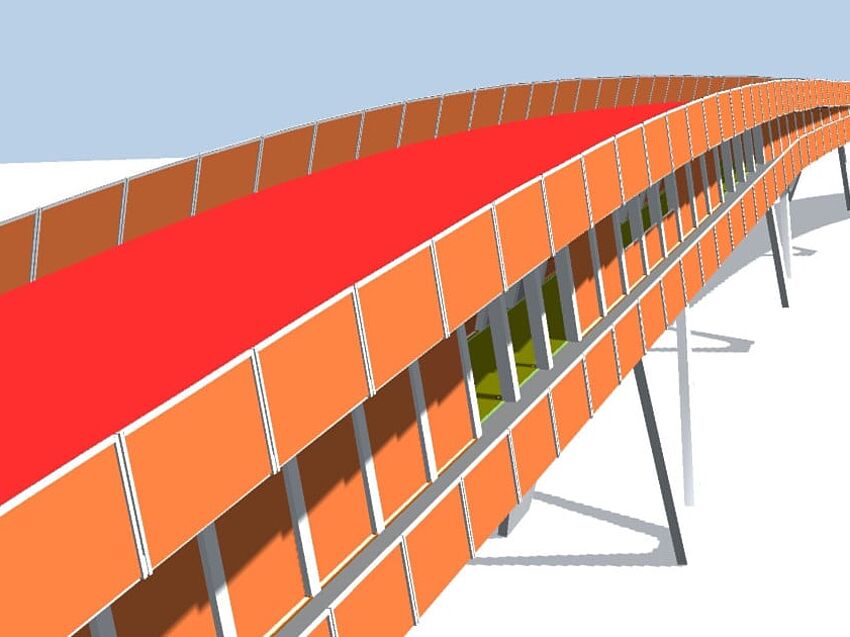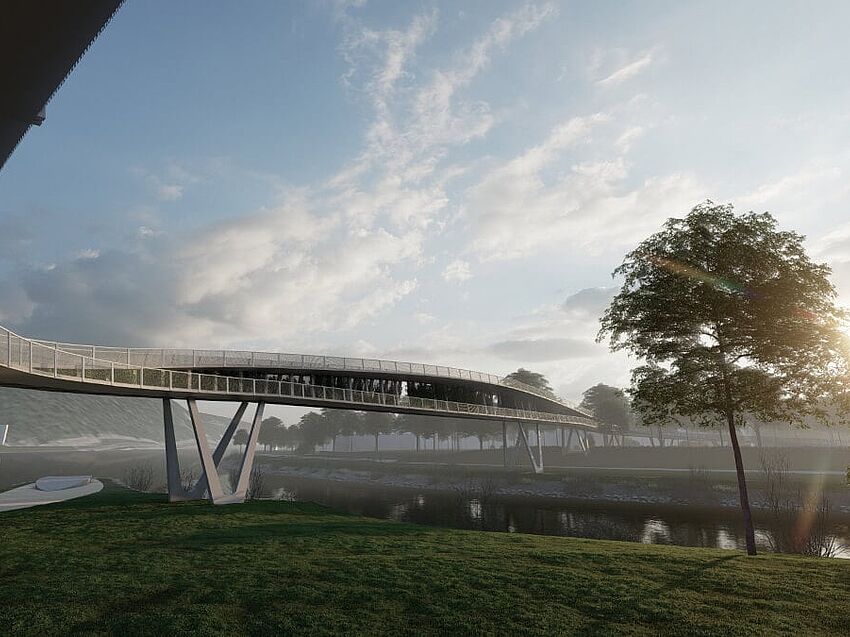Developing a lean, efficient planning and design process is the key to ensuring that budgets are maximized and project targets are met. With engineers and architects under increasing pressure to deliver projects faster and cheaper with fewer skilled staff, there is no longer any room for errors and inefficiencies for any company that wants to stay competitive. To achieve this, a different approach to planning is required – new tools and technologies that offer flexible and time-saving workflows need to be adopted.
Implementing Automated Processes
One of the most useful advances in architectural and civil engineering design software is the automation of tasks that would require manual input using traditional methods. Transitioning from 2D CAD software to 3D modeling software provides significant opportunities for automating design activities, such as extracting plan, section, and detail views from the 3D model rather than drawing them individually as per 2D methods. In addition, 3D modeling requires a more streamlined workflow than 2D drawing, often requiring fewer steps – and therefore, time – to achieve the same result.
However, this is just a fraction of what advanced 3D modeling software can achieve. With powerful tools such as Visual Scripting, designers can create custom programs that automate repetitive tasks or generate project-specific forms, reports, or analyses using a graphical interface. For example, one of the issues that architects and engineers face is that many commonly used building elements need to be adapted for every project, such as beams or columns. This means that every project needs a beam drawing to a custom size, taking up valuable time. Even with a library of standard components, adjusting elements to the desired dimensions using 2D software can be time-consuming. With parametric modeling and Visual Scripting, parametric components can be created that will intelligently adapt based on the parameters that have been assigned to them, without the need for any programming knowledge. This can significantly increase design efficiency and save valuable time.
Improved Cost Control
A further benefit of automation is that projects have better cost control as a result. As the design process is more efficient, less time is required to produce the same deliverables. Achieving completion within budget therefore becomes less of a challenge, as does managing costs.
Besides the savings made through efficiencies, automated processes also help reduce the amount of errors and discrepancies within the design and drawings. For example, within ALLPLAN the drawing layouts are based on the 3D model and will update when any change is made to the model, rather than needing to be manually changed as with 2D drawings. Clash detection reports can also be generated that will highlight any collisions between the model components. Visual Scripting can take this even further, allowing powerful customized programs to be created that can achieve a wide range of outcomes, such as analyzing a model for various errors.
The impact of changes can also be significantly mitigated with 3D modeling software programs that include tools such as Visual Scripting. For example, different design options or iterations can be quickly created by modifying the parameters once a script has been created. By assigning parameters to objects that describe the action that should be taken when a variable is changed, updating designs is much quicker, easier, and more accurate.
Maximizing Efficiency with ALLPLAN
ALLPLAN 3D modeling software has been designed with the features and tools that architects and engineers require to make their planning and design process work in a way that suits them. The powerful parametric modeling features that ALLPLAN offers – combined with the ease and accessibility of Visual Scripting – lets designers create their own tools and workflows for ultimate productivity and flexibility. With the added advantage of being able to seamlessly work in both 2D and 3D simultaneously, making the transition to ALLPLAN is straightforward. With a free, 30-day trial available, there’s no reason not to investigate how your planning process could be made more efficient and effective.




